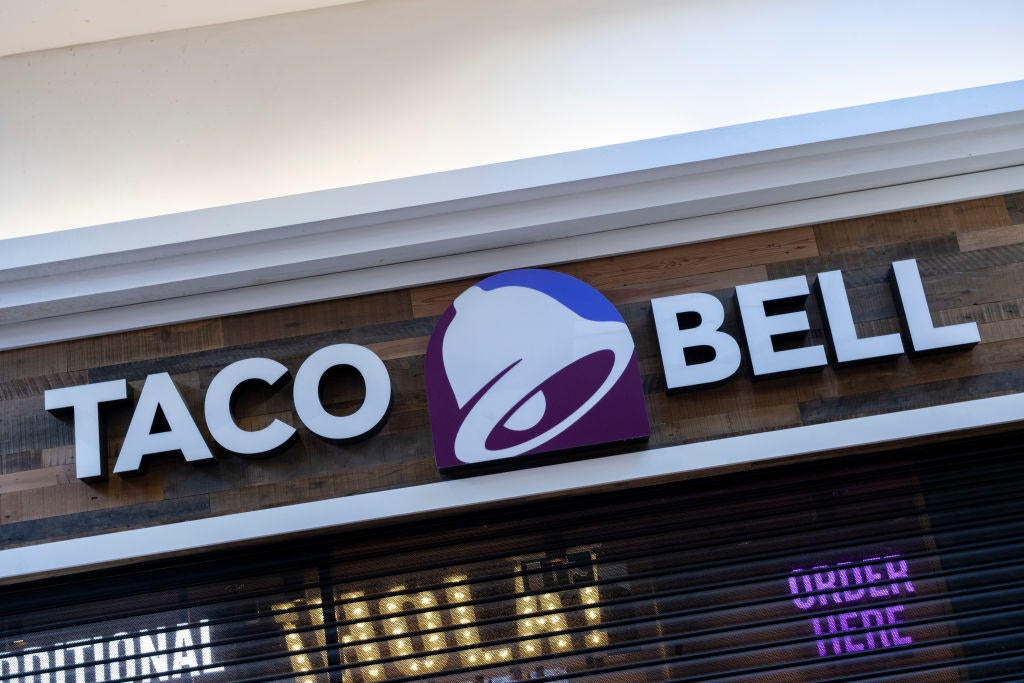What the Disney and Fox Merger Means for Marvel and Star Wars
Barring a catastrophic last-minute development, it now appears as though Disney's purchase of 21st [...]
Barring a catastrophic last-minute development, it now appears as though Disney's purchase of 21st Century Fox's entertainment assets will go through, further consolidating the North American entertainment marketplace and creating a wide variety of new financial relationships that will reshape Hollywood in the coming years.
The geek sphere is set to be more impacted than anything else, with big changes coming down the pike for the Marvel Cinematic Universe and the Star Wars films.
Star Wars is likely the most immediate, with the fewest implications for future films: Disney now owns (or will "now own," as of the beginning of next year sometime when the deal officially closes) the rights to all of the Star Wars films, free and clear, for the purposes of home video and streaming releases.
The first Star Wars film's exhibition rights continued to be held by Fox, even after Lucasfilm took control of the sequels and prequels. Basically, it boils down to how much pull Lucas had at the time of the films's relative productions.
When Lucasfilm sold to Disney, then, the Star Wars material all went with it -- except for A New Hope, in which Fox retained an interest. This complicated things like theatrical reissues, box sets, and the potential for a hoem video release of the original, unedited versions of the films. Disney has been said to be interested in such a release in the past, despite George Lucas's feelings on the matter, but the prospect of sparring with both Lucas and Fox mae it a difficult proposition.
Assuming everything sails through regulatory hearings, as the merger is expected to do, doin't be surprised if there is some new pressing of the Star Wars series on Blu-ray and DVD in time for the holiday shopping season, now that Fox has no reason not to play ball. At worst, it can wait until next year.
Far larger implications loom for the Marvel Cinematic Universe. Again, owing to some very old contracts, not all of Marvel's properties are under the same roof. While Disney owns Marvel and Marvel owns the copyrights to their characters, the film rights are, in many cases, housed elsewhere. Spider-man and his affiliated properties are at Sony, while Fox has held the Fantastic Four and X-Men rights for some time (they also had Daredevil at one point, but allowed those rights to expire).
Under contracts signed when Marvel was desperate to get films made and needed some quick cash, Fox has been able to retain the rights to several Marvel properties as long as they produced and/or released a feature film during a specified period of time.
This has meant that Marvel has been unable to plan for a time when the Fantastic Four and X-Men properties would return to them, and periodically has led to some shuffling of characters when someone or another realized that they did not own something they wanted (this is something James Gunn alluded two once or twice with the Guardians of the Galaxy franchise, although Disney and Fox also managed to make some of those things happen for him, too.
But while Fox was willing to negotiate the odd occasional trade, they were not, unlike Sony, willing to go full boar into the Marvel Cinematic Universe (Spider-Man appears in Captain America: Civil War and Avengers: Infinity War due to a deal worked out between the two studios). The financial success of the X-Men franchise seems to have inoculated Fox against the financial hit taken by a failed Fantastic Four and, despite constant rumors to the contrary, no crossover ever happened between Marvel and the X-Men.
All of that presumably changes with the Fox acquisition; Deadpool and the X-Force franchise will head to Disney to become Marvel's first (presumably) R-rated superhero film in the shared universe, and all of those fan theories and fantasies about Marvel's "Phase Four" being adorned with a Fantastic Four logo are at least slightly closer to becoming realities.




